Honda City vs. Toyota Vios: A Tough Decision?
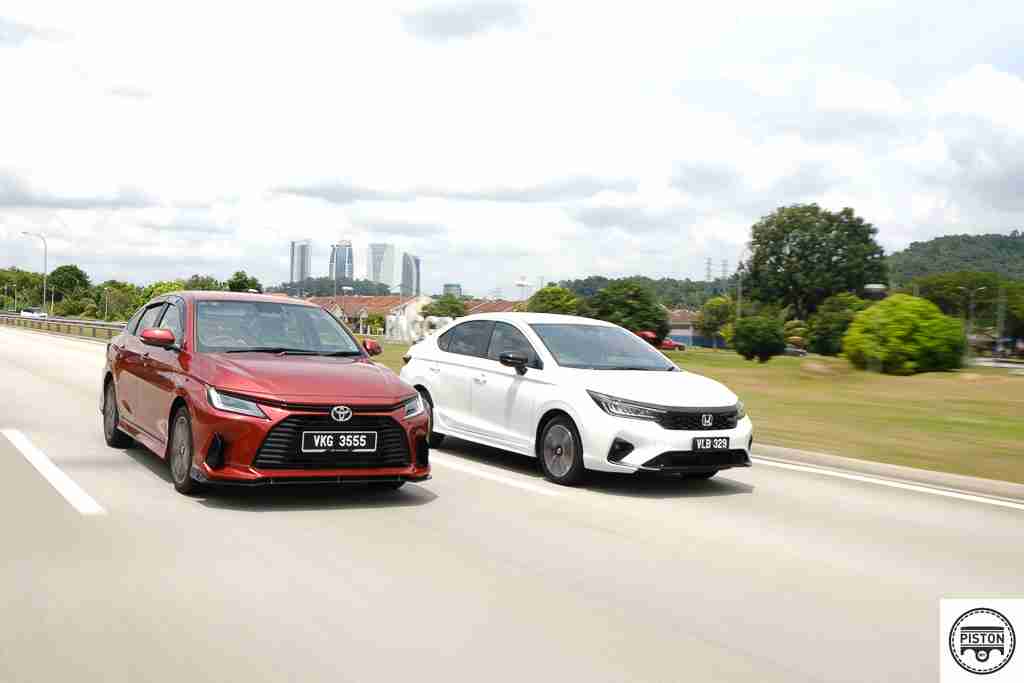
The B-segment automobile market in Malaysia thrives on competition, a battleground where manufacturers continuously vie for dominance. Amidst this enthusiasm, it's the consumers who emerge victorious. Notable contenders in this segment include the Honda City, Toyota Vios, Nissan Almera, and the Proton Persona.
The City and the Vios stand out as the most popular choices. While Honda and Toyota engage in their perpetual rivalry, the result is a continual evolution toward superior car models.
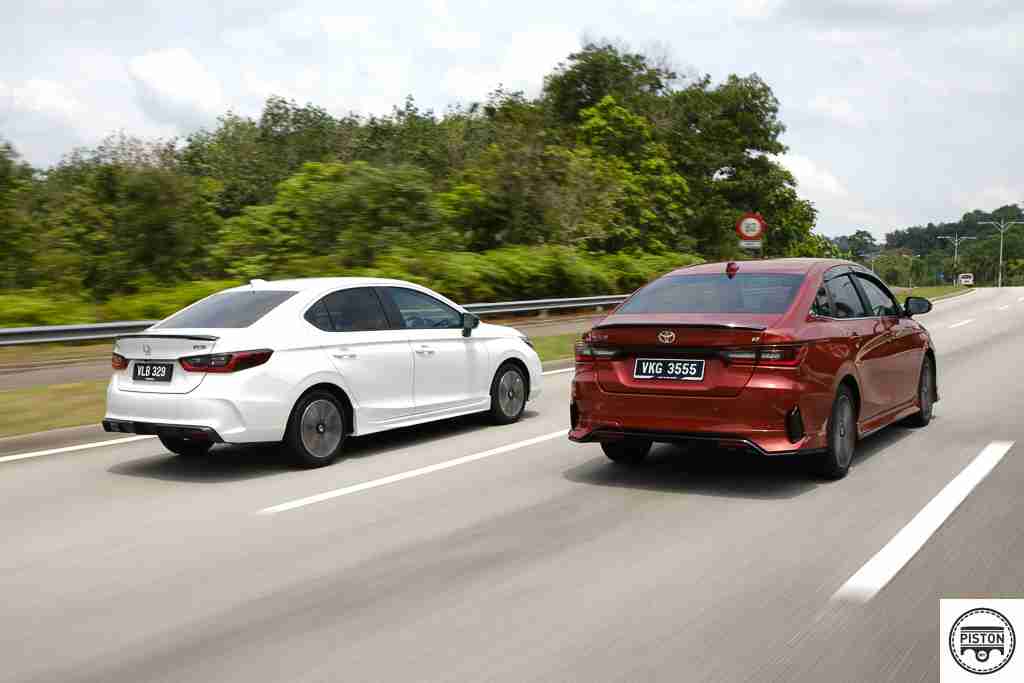
Toyota's Vios, now in its fourth generation, and Honda's City, tracing its lineage back to the early 80s and currently in its seventh generation, have both matured into impressive automobiles.
Earlier this year, UMW Toyota Motors launched the new Vios to much acclaim, experiencing brisk sales owing to its established popularity.
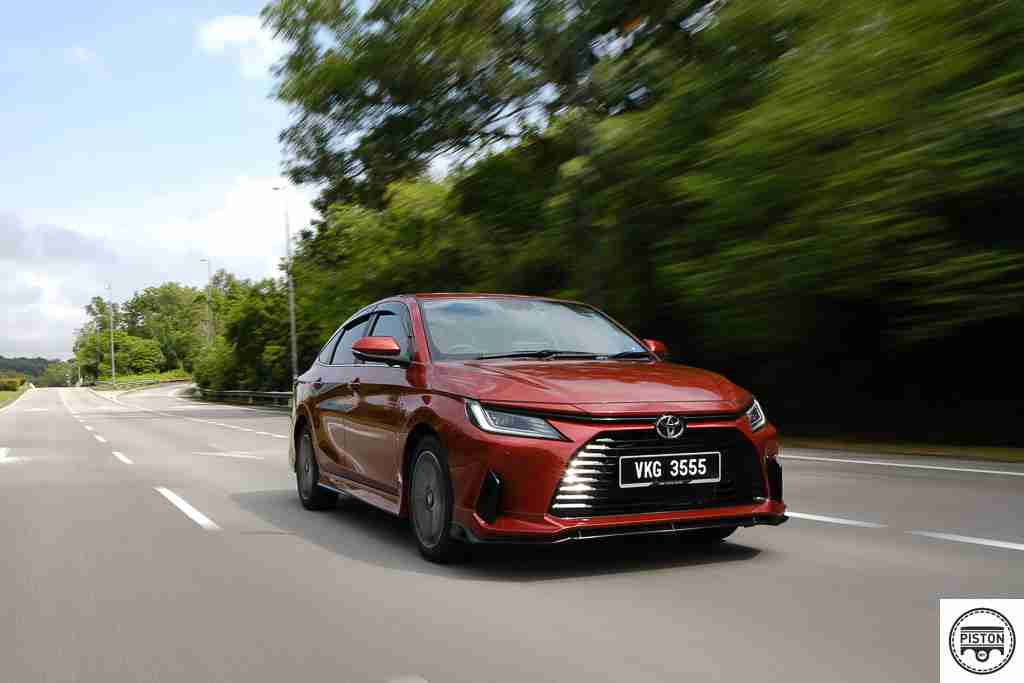
On the other hand, the City remains a go-to option for those seeking practicality and reliability. With recent enhancements and a larger frame, although not a completely new model like the Vios, it competes admirably and might even surpass its counterpart in some aspects.
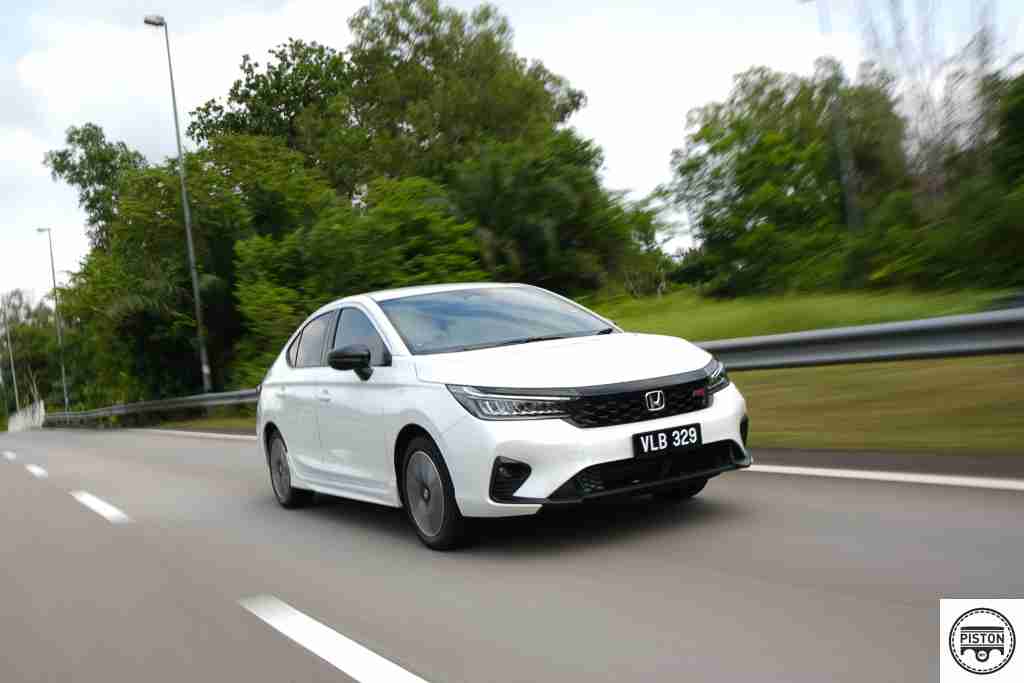
Regarding pricing, the Honda City RS petrol stands at RM99,900 while the Toyota Vios is priced at RM95,500. However, Honda offers complimentary labor up to five times within 100,000km or five years, while Toyota includes a service package for an additional RM3,220 covering five years or 100,000km. Opting for the service package narrows the price difference between the Toyota and the City.
So, which one deserves your investment? Let's delve into a comparative analysis of these two cars and offer our perspective on the more worthwhile choice:
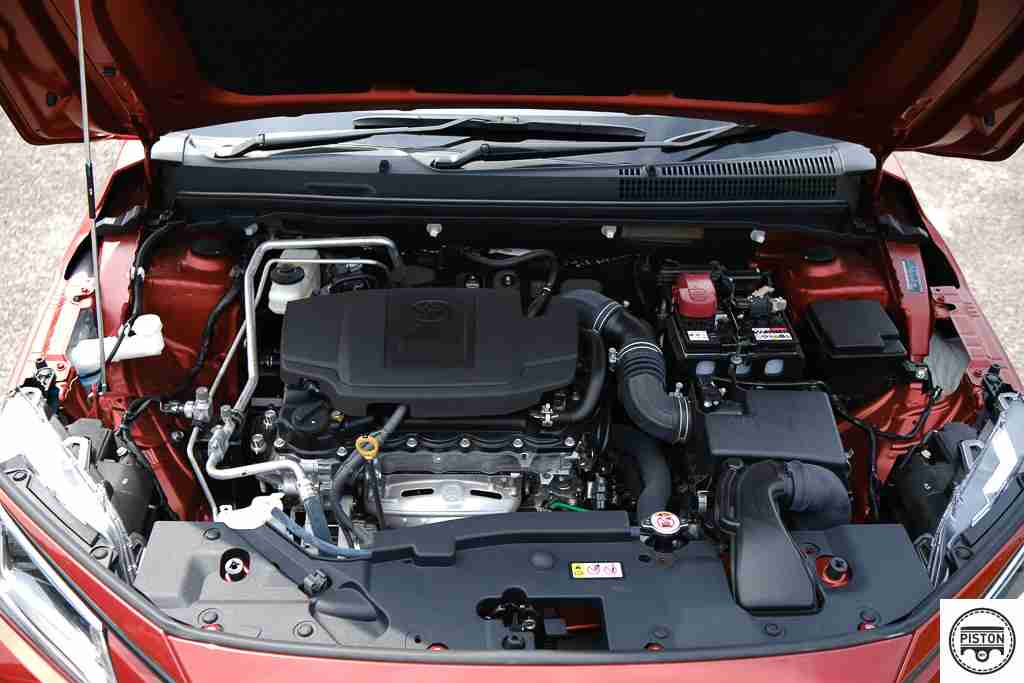
Engine:
Both vehicles are equipped with a 1.5-liter naturally-aspirated engine. Honda incorporates its i-VTEC technology for accessible power, while Toyota employs its D-VVTi.
However, the Vios lags in power compared to the City. Generating 106PS and 138Nm, the Vios falls short of the City's output of 121PS and 145Nm. Although seemingly marginal, this difference is notably felt during acceleration, where the City displays a more eager response.
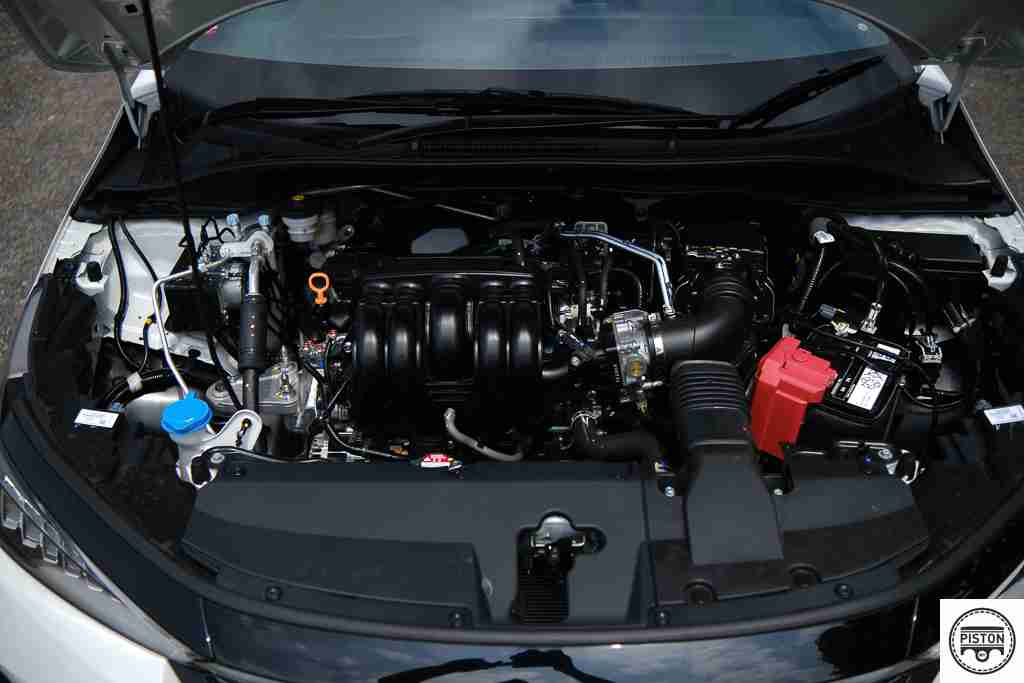
In terms of efficiency, both cars feature 40-liter fuel tanks and offer around 500km of range on a full tank.
Drive:
Their identical suspension setups—MacPherson struts at the front and a torsion beam at the rear—efficiently isolate occupants from road imperfections.
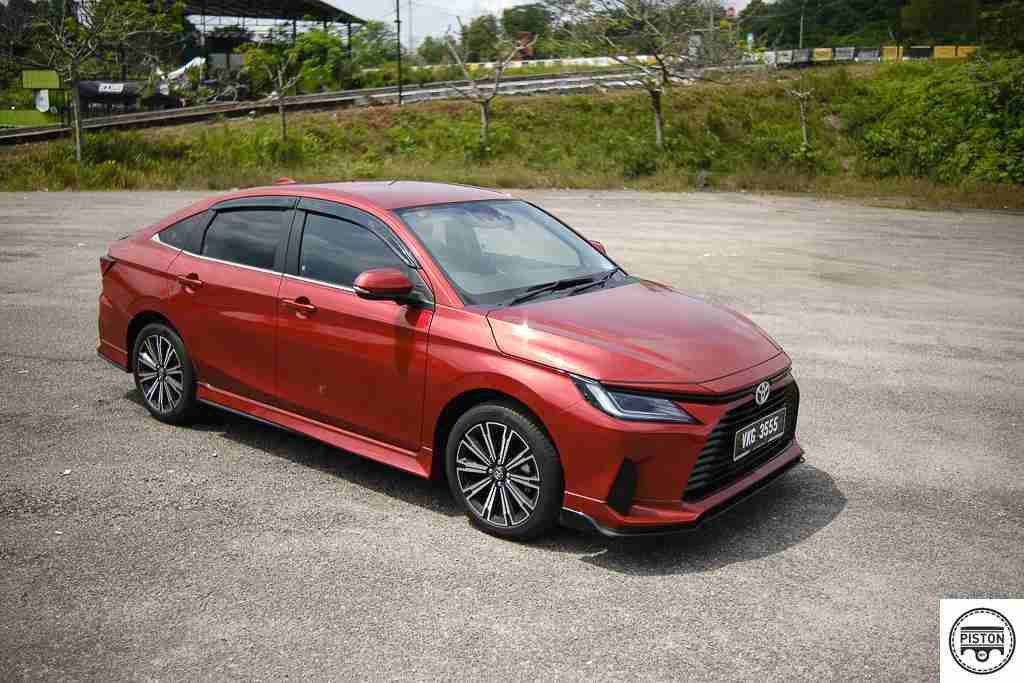
Yet, when it comes to handling, the City exhibits livelier responsiveness, swiftly maneuvering with every turn of the steering wheel. In contrast, the Vios' steering feels more subdued and weightier. Enthusiasts favoring agility and responsiveness would lean toward the City.
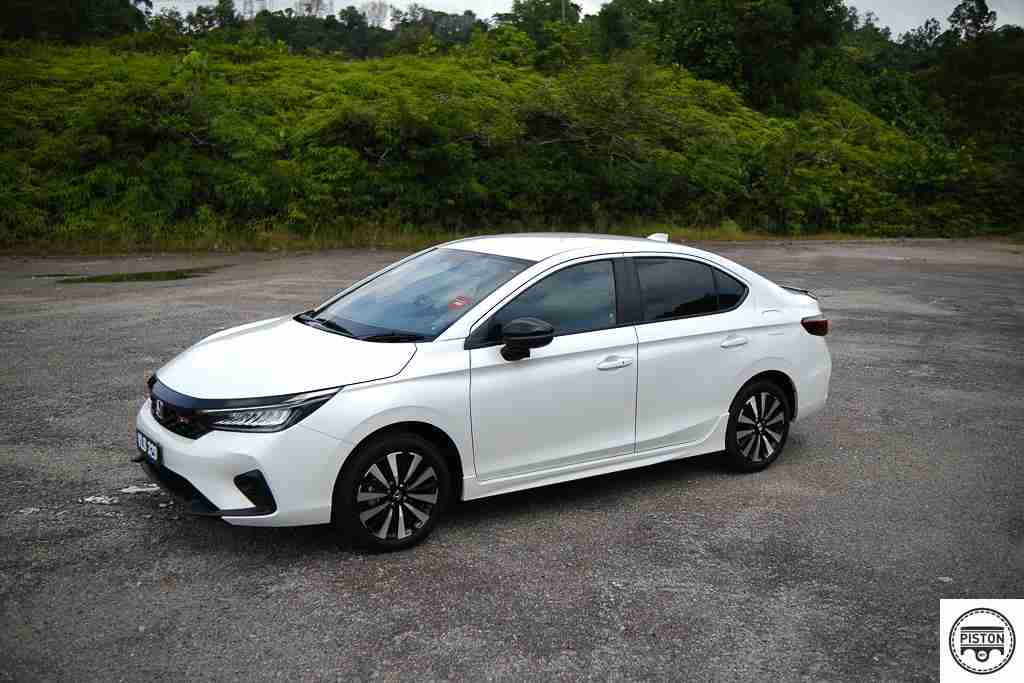
Both cars also sport the same braking setup, utilizing solid discs on all wheels.
Design:
Design preferences are subjective, but the Vios exudes a fresher aesthetic among the two. While the City has undergone several facelifts, presenting a bolder grille and sportier bumpers, its overall silhouette remains relatively unchanged.
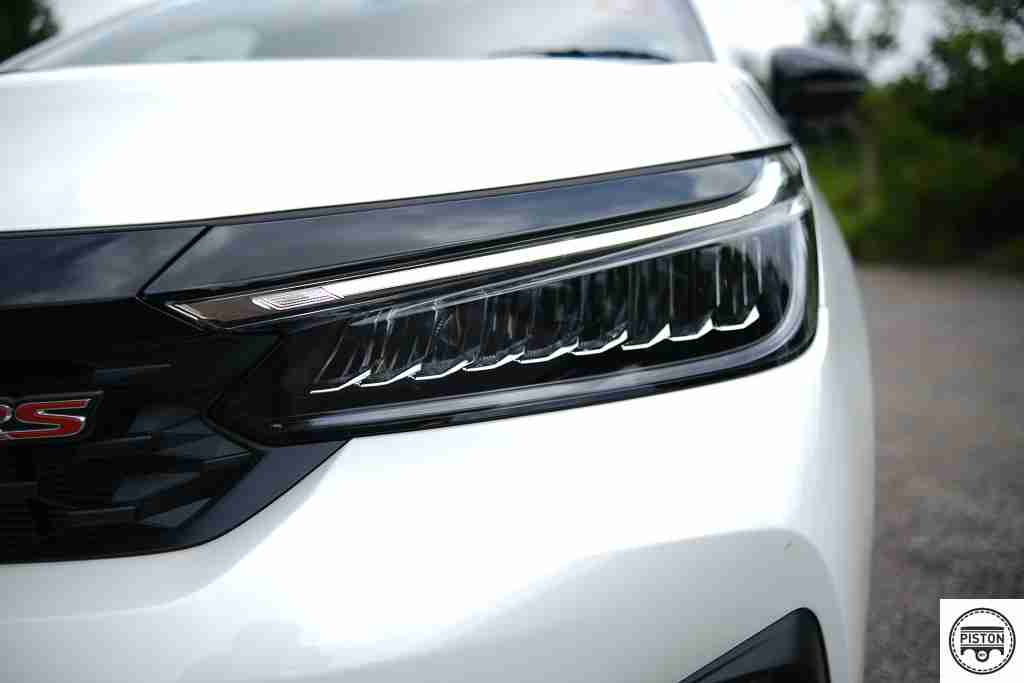
Toyota emphasized the Sportback design of the Vios upon its recent launch, injecting character into a brand known for safe yet unadventurous designs (remember the dugong?).
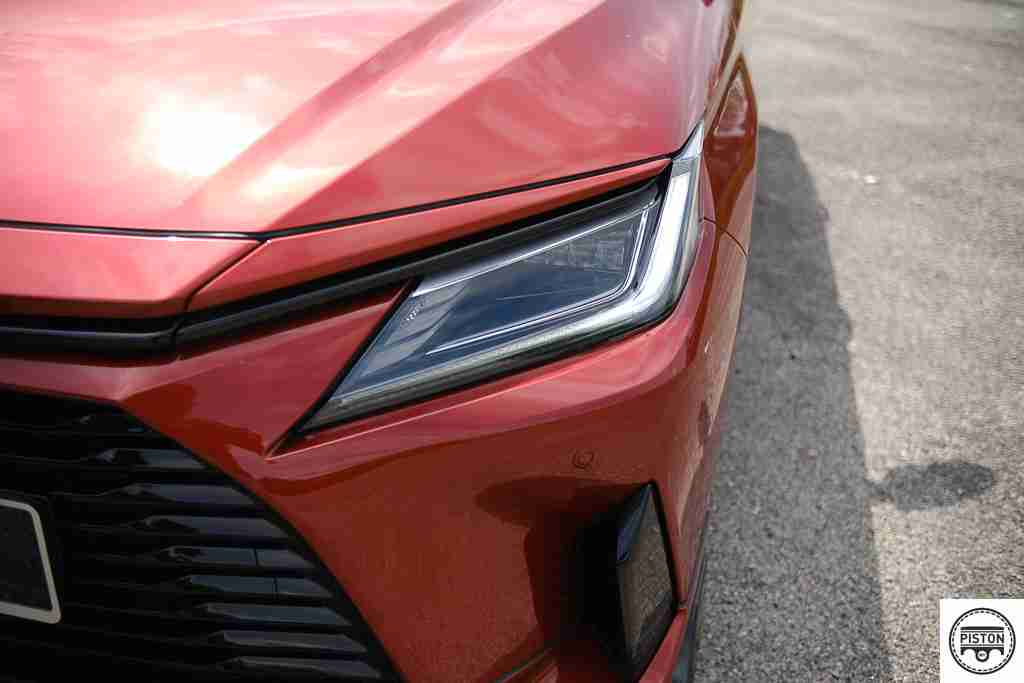
However, the Sportback design comes at a cost. The steep drop of the roofline into the a-pillar sacrifices rear passengers' headroom, causing discomfort for individuals taller than 180cm. Consequently, the City boasts a more spacious interior.
Interior:
Expanding on interior spaciousness, the City triumphs once more. The center console layout in the Vios, where the gear lever and handbrake reside, is notably higher than that of the City. This results in narrower foot wells for the driver and front passenger, potentially affecting legroom, especially for taller individuals.
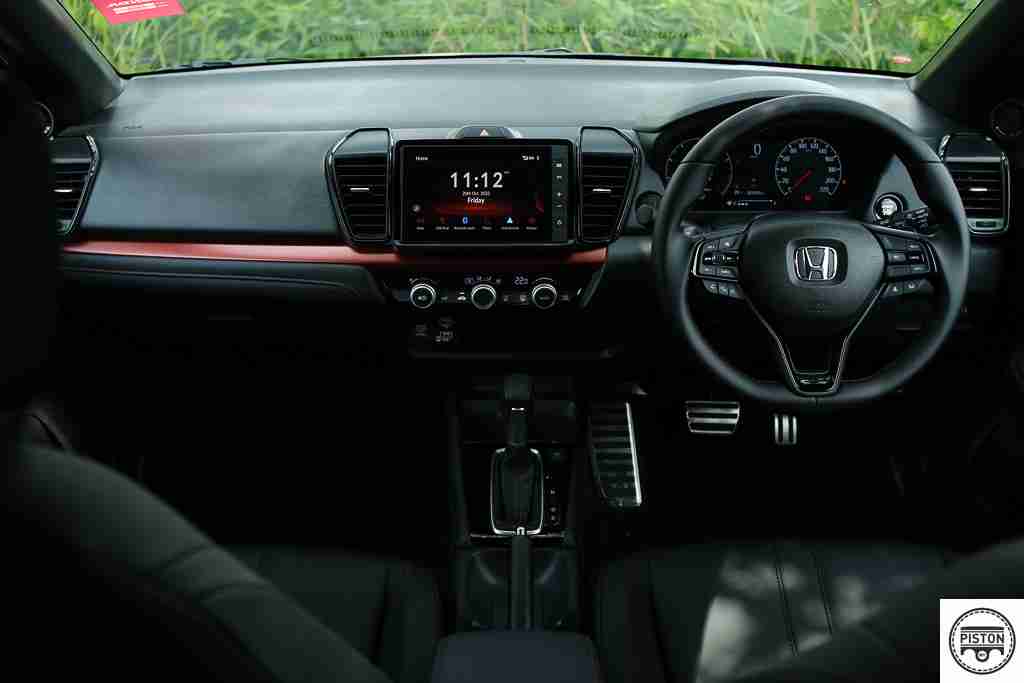
Additionally, the taller shoulder line of the Vios reduces window size, particularly in the rear, limiting the amount of light entering the cabin and making it appear comparatively smaller than the City.
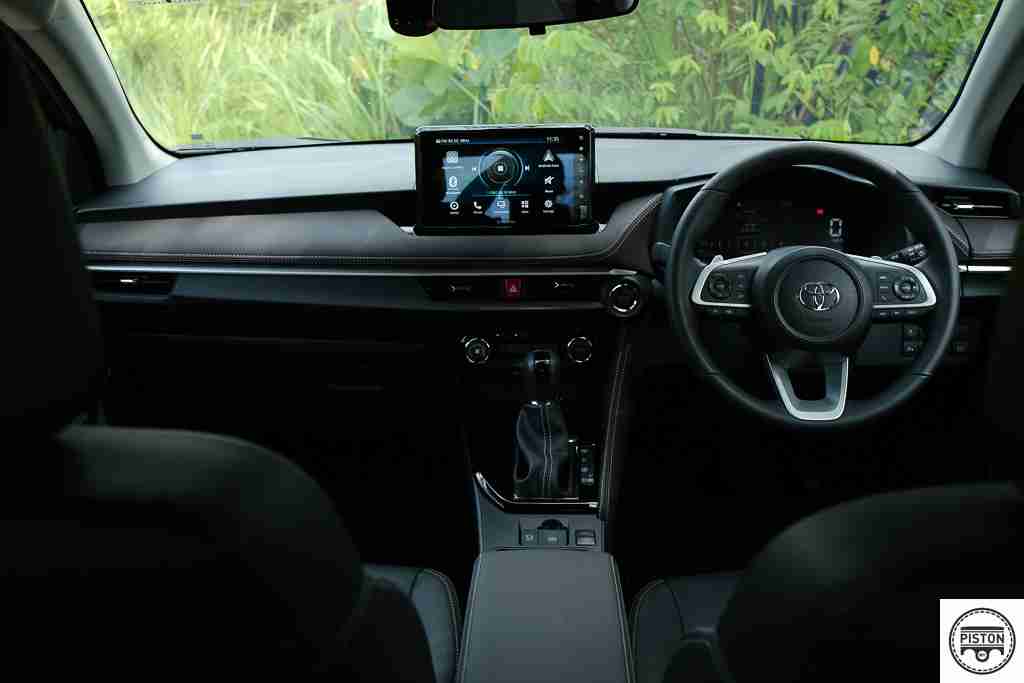
Both cars feature leather-clad interiors, with Honda's seats offering better padding, enhancing comfort, particularly during extended drives.
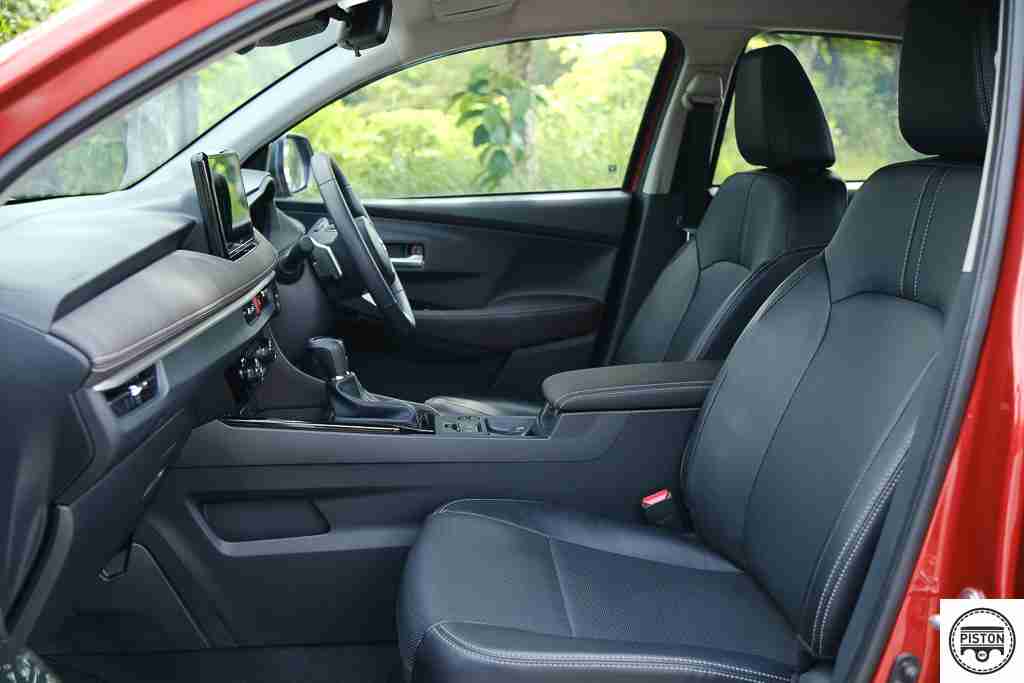
Rear passengers benefit from dedicated air-conditioning vents and two USB ports in both models.
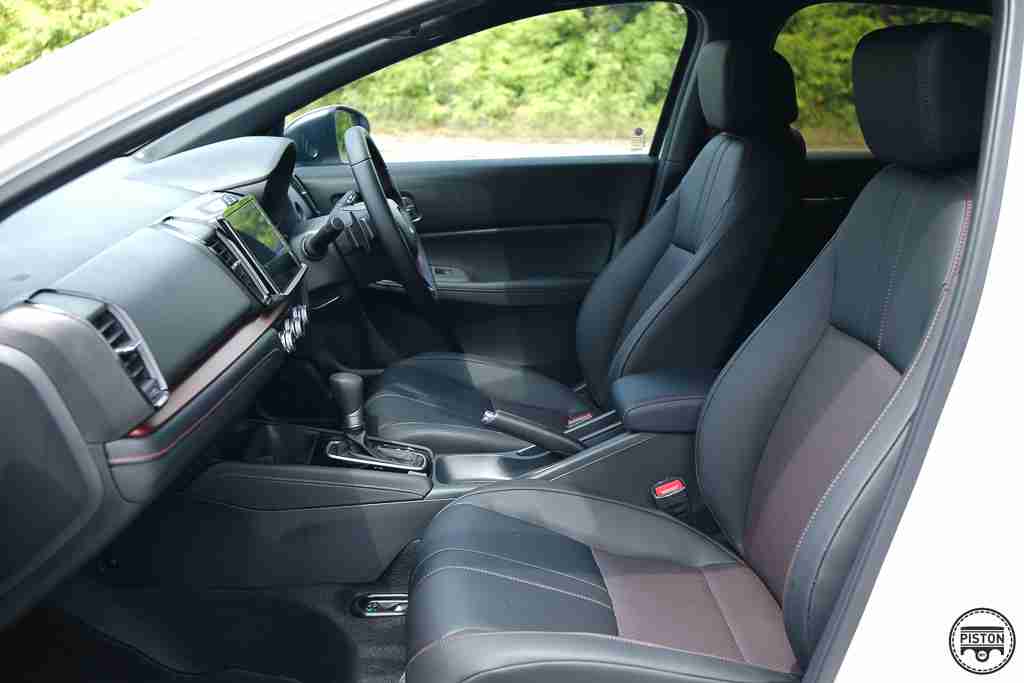
Tech:
The technological features of both cars are nearly identical.
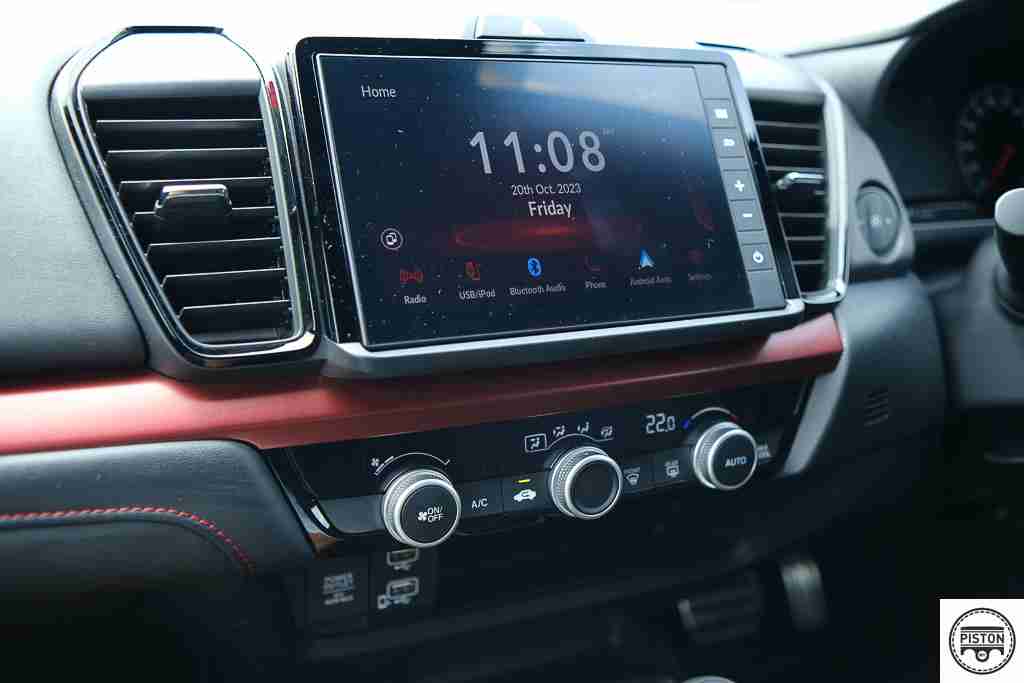
They both include wireless Apple CarPlay and Android Auto. The Vios boasts a larger infotainment screen at nine inches, just an inch larger than the City's, which might not significantly sway preference.
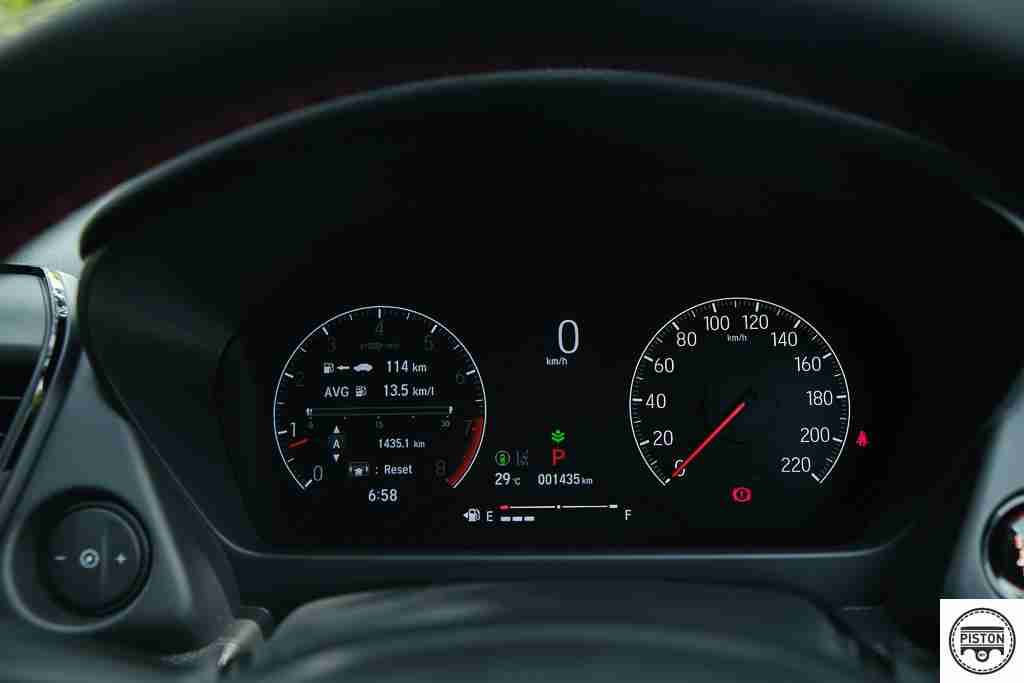
However, the Vios surprisingly offers a smaller boot space of 470-liters, falling short of the Honda's 519-liters. Despite the seemingly minor difference, this 49-liter disparity could mean having space for a backpack or none at all.
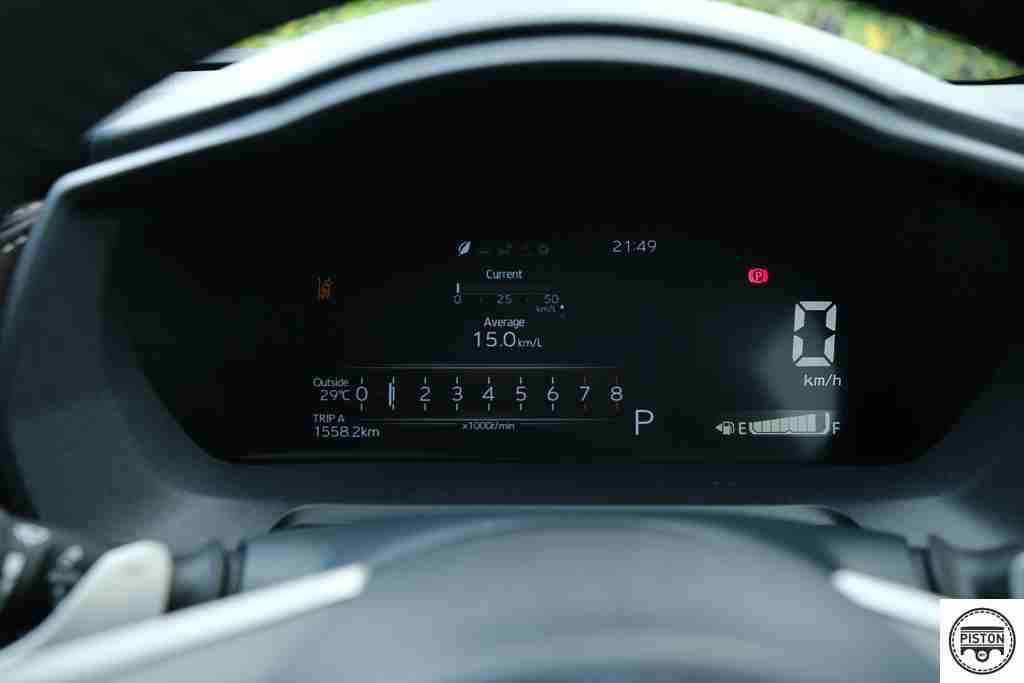
Concerning safety, both vehicles are equipped with Honda's SENSING and Toyota's Safety Suite, integrating various systems to enhance safety in diverse situations. They include Lane Departure Warning, Lane Keep Assist, Forward Collision Warning, Collision Mitigation Braking System, Adaptive Cruise Control, Auto High Beam, and Lead Car Departure Notification System.
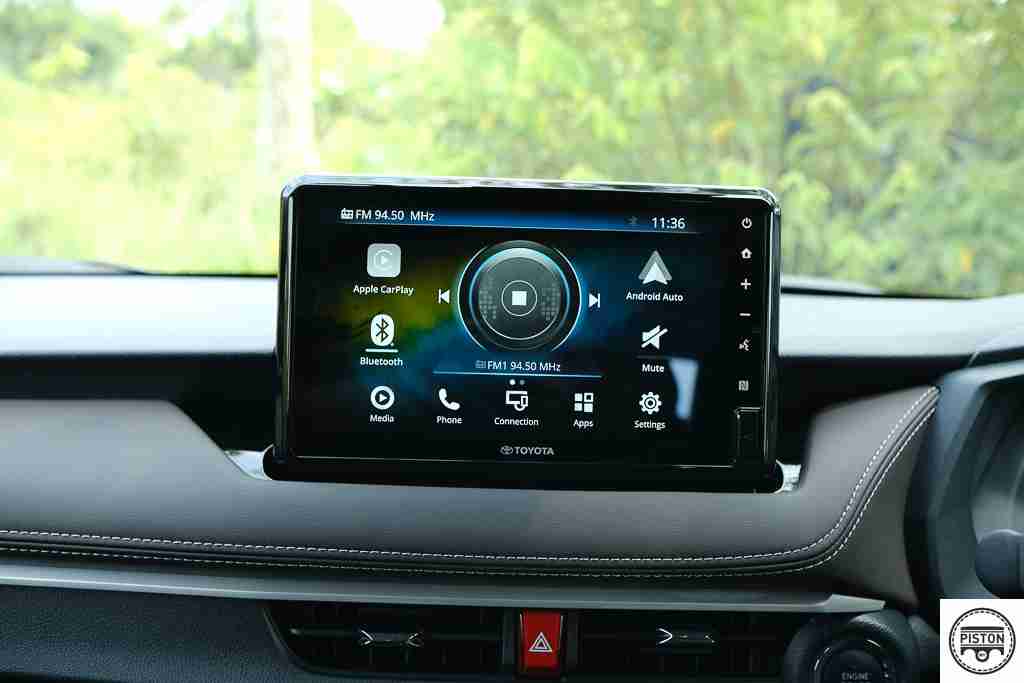
Both cars also feature six airbags, vehicle stability assist, ABS, electronic brakeforce distribution, brake assist, and comparable active safety systems.
Conclusion:
Given the remarkably close match between the two cars, choosing one becomes challenging. At this juncture, personal brand preference might play a decisive role. However, a standout factor is interior space.
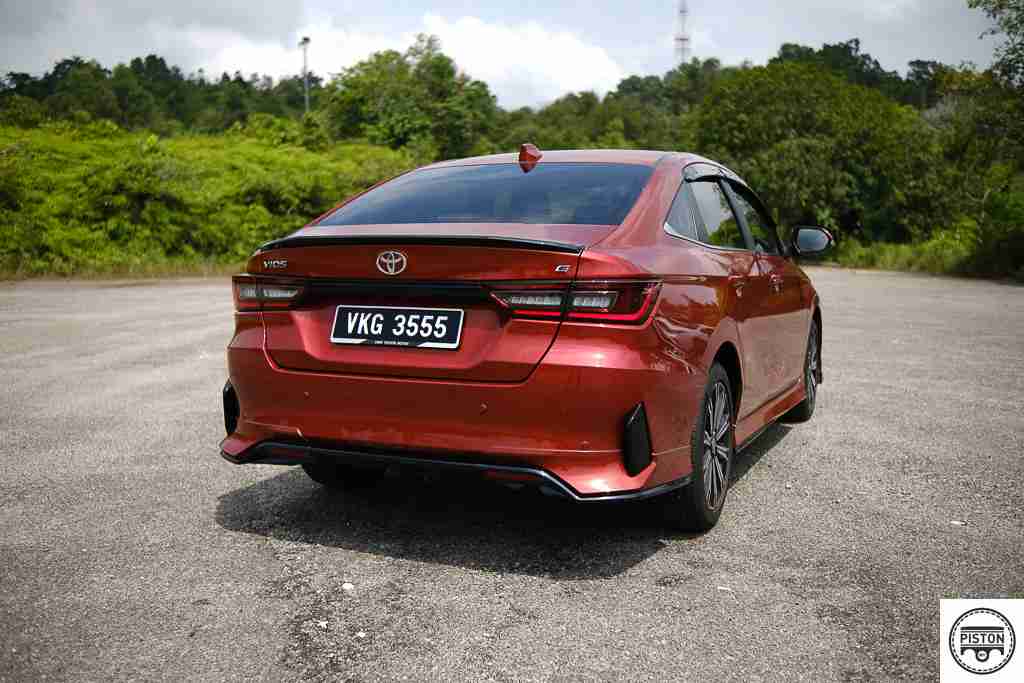
Transitioning from the Vios to the City, the contrast in interior roominess is striking. The City offers a notably larger and more comfortable interior. Furthermore, the City operates on smaller 16-inch wheels compared to the Vios' 17-inch wheels.
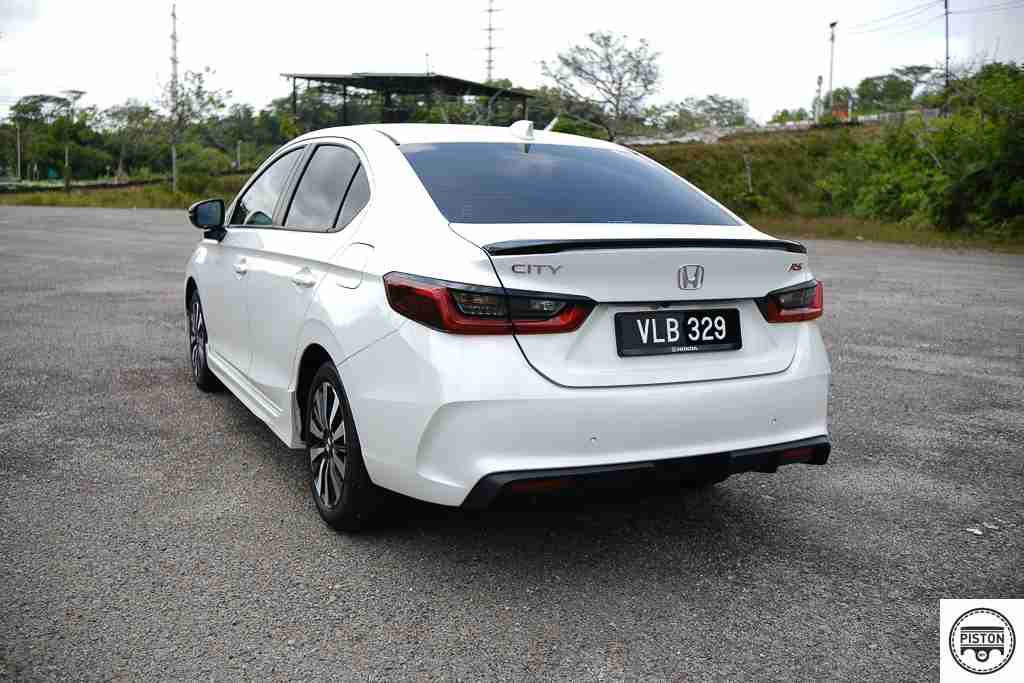
Considering the pricing of tires—a set of 16-inch Goodyear tires costs RM262 per piece, while 17-inch ones cost RM351—the Honda's tires would collectively amount to RM1,048, whereas the Vios' would tally RM1,404 for a set of four. This difference of RM356 could equate to roughly four full tanks of petrol.
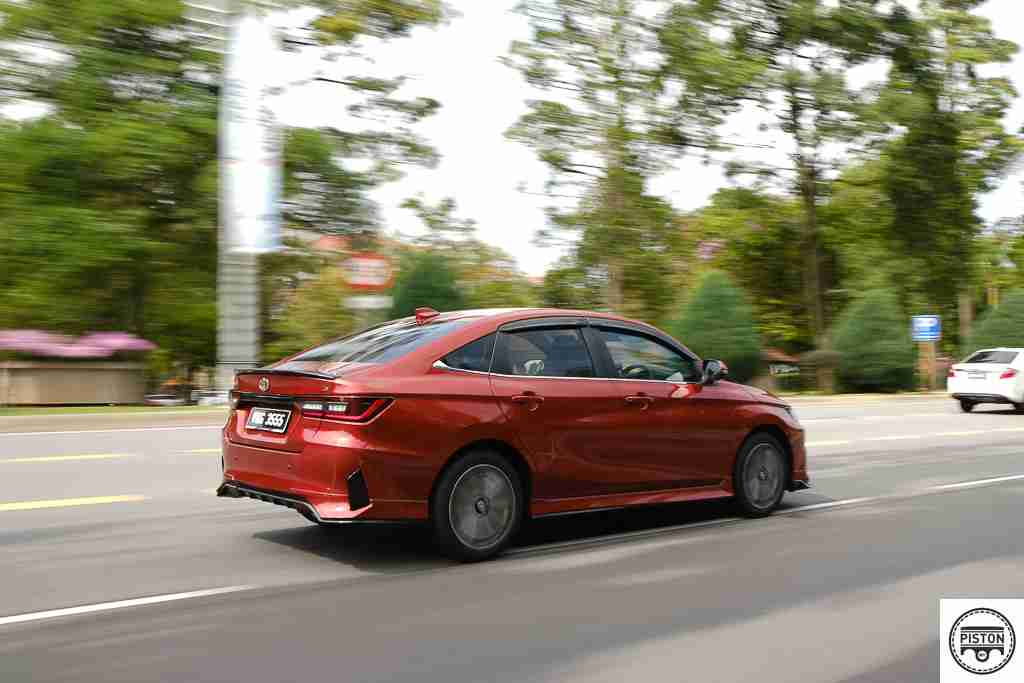
However, beyond cost, the City's superior interior spaciousness, comfort, and larger boot space make it the preferred choice between the two.
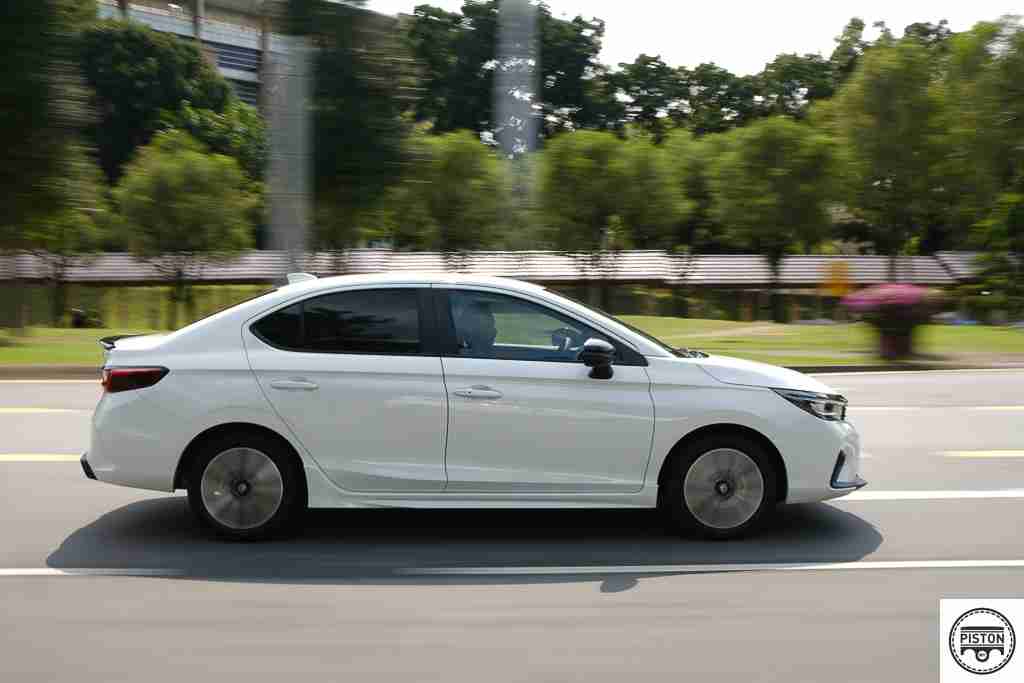
Original article and pictures provided by
I want to find the highest selling price for my car within 24 hours!
Download the Motorist App now. Designed by drivers for drivers, this all-in-one app lets you receive the latest traffic updates, gives you access to live traffic cameras, and helps you manage vehicle related matters.
Read More: Malaysia’s Mall Parking Rates 2023: Part 1
